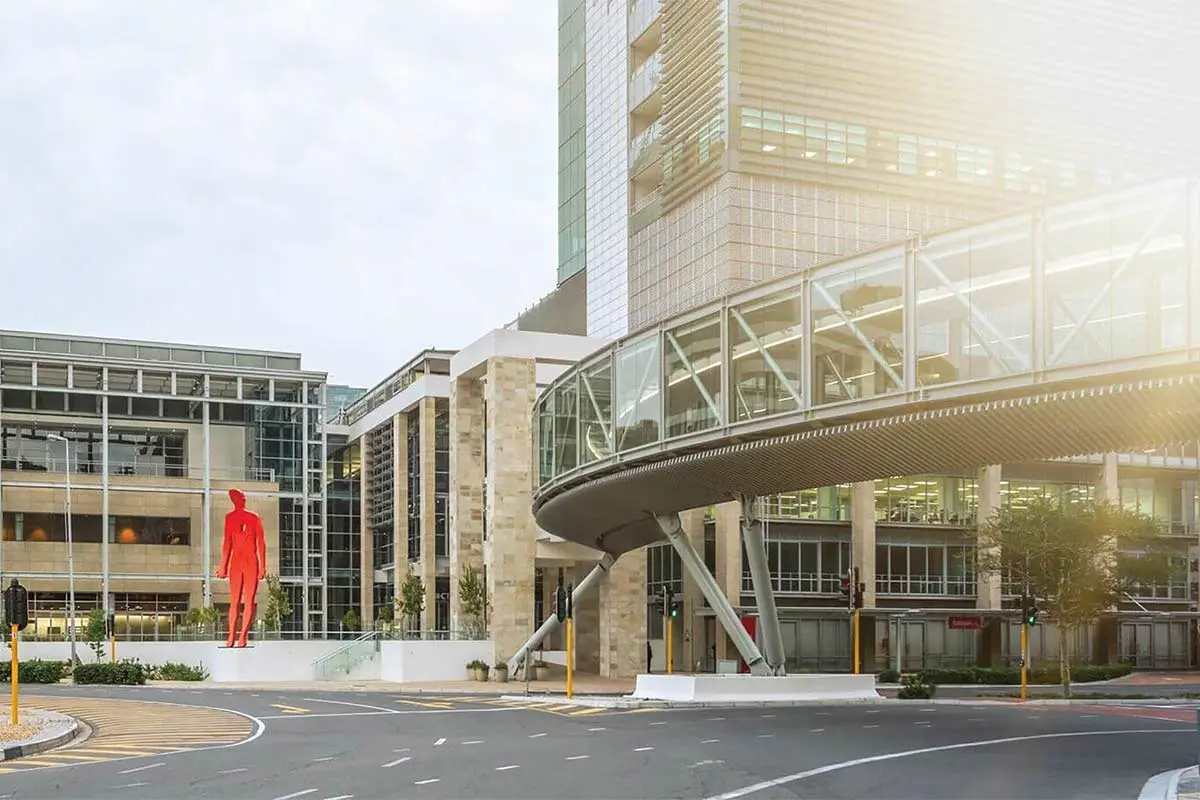By Taubie Motlhabane, CEO, Cape Town International Convention Centre (CTICC) and Sven Bossu, CEO, International Association of Convention Centers (AIPC)
In the week of August 18th, the first ever AIPC Africa Academy was held at the Cape Town International Convention Centre (CTICC). The 25 participants covered all functional areas—from sales to operations—allowing the exchange of knowledge on the full convention centre value chain. The content of the five-day program was a mix of lectures and workshops, with both international and local speakers sharing their insights. It was also a unique opportunity to get a better understanding of the South African market landscape.
The events industry in South Africa is in good shape and is continuously increasing the quality of its services, which has resulted in global recognition of South African event players. While there are regional differences, South Africa has some world-class infrastructure, meeting the requirements of the most demanding customers.
Yet, the country does face a number of real and perceived challenges. These challenges are mainly related to “hardware”—the quality and reliability of energy supply, communication networks, or transport infrastructure—are not consistent throughout the country.
The perceived challenges are a different story. Often based on completely incorrect information and amplified by mainstream and social media, the wildest stories go viral (e.g., civil war going on in South Africa). Ensuring that all local industry players bring a consistent and positive story about the country is therefore of key importance, but not necessarily a straightforward endeavour.
During a panel debate with three South African event organizers, other challenges became clear. Similar to long haul destinations like Australia for example, South-Africa is seeing lower attendance figures when it comes to international meetings, mainly related to travel costs, combined with an increased awareness around sustainability. This means that in order to attract more meetings and international delegates, even more attention needs to go to the client. This is something which can only be achieve if all parties involved—from venues to Professional Conference Organizers (PCO)—collaborate closely.
Interestingly, there was also a consensus that clients need more guidance when it comes to making their events successful both in engagement and on the financial front. Instead of asking a 120 percent service level at a 60 percent cost, it would be in the interest of all parties involved to make sure that there is a realistic view on expected outcomes and the services required for making this happen. Venues play a key role in this. As much as there is an emerging demand for unique experiences in unique locations, if you have an exhibition that requires space size of 2,500 squared meters, it will not fit in a museum. Convention centres are often the logical option.
Sustainability is another interesting topic where clients and service providers need to come to clear agreements. For example, opting for water stations without cups, whereby delegates are expected bring their own refillable bottle, might sound nice but does not work as well as it sounds. Once again, the goal should be to come to a win-win for all parties involved, without jeopardizing the customer experience.
Next to challenges, there are of course opportunities as well. Values such as inclusiveness and community engagement are becoming ever more important, due to the rise of value-driven generations. The events industry has an opportunity to become an employer of choice, if—and that is the key success factor—the employers walk the talk.
Another opportunity, specifically for PCOs, is to become a regional or even global centers of expertise and excellence. Technology now allows one to leverage the expertise of South African event professionals on a global scale, with the relatively low labor cost as a clear advantage. South African companies are already doing graphic design, registration, and more for event organizers globally. This is expected to expand going forward and it can be of significant benefit for the South African events industry on different levels—from revenue generation to becoming a global knowledge hub.
In short, the South African events industry is active and agile, seizing the opportunities as they come along and making full use of all the assets it has. This makes it a fascinating environment and provides a world of opportunities for upcoming talent. Events like the AIPC Academy are therefore necessary to bring all stakeholders together and learn from each other. We look forward to the next edition.
This story originally appeared in the Q4 2024 issue of Exhibit City News, p. 78. For original layout, visit https://issuu.com/exhibitcitynews/docs/ecn_q4_2024/78.
































